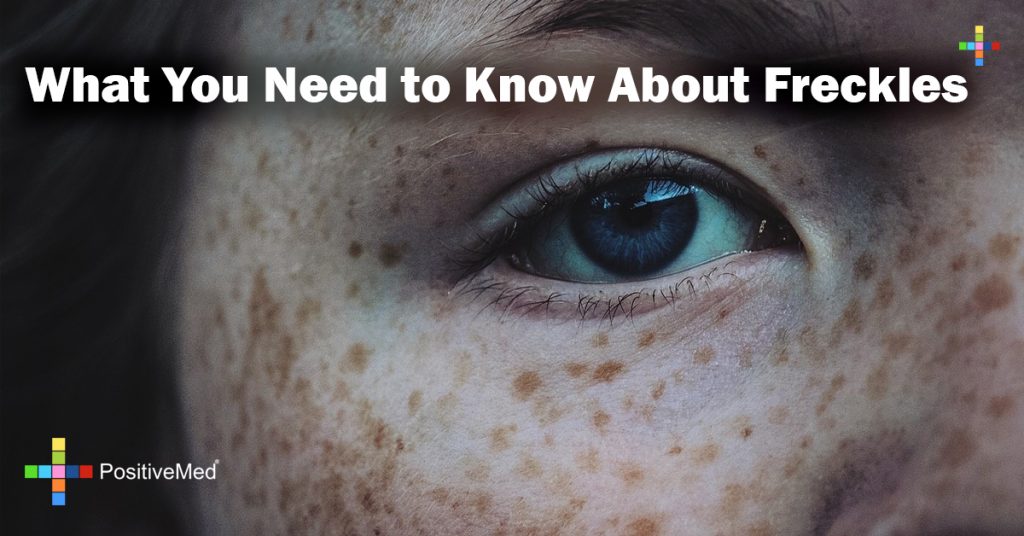
Freckles are pigmented skin cells that are found most commonly on fair-skinned individuals. They are genetic in nature and most common in children prior to puberty, though many adults have them too. Freckles are small, individual tan spots that contain more melanin than other skin cells. They do not indicate any sort of skin disorder or disease in a normal capacity.
Freckles are more common in people who have less melanin, or pigment, in their skin cells. This factor is almost always indicated by both fair skin and light colored hair, frequently red and sometimes blonde, though it is by no means limited to those with this complexion. Exposure to the sun can actually enhance the appearance of freckles because the body may produce more melanin in response to overexposure. Melanin acts as the skin’s protection against the sun’s rays, which causes a person’s freckles to darken.
Freckles are particularly common in children, but often the onset of puberty causes the body to begin to produce more melanin. If melanin is produced evenly throughout the skin, it causes the freckles to fade. While many children with freckles will lose them with puberty, some will have this characteristic their whole lives. There is no shame in having freckles as they are rare, unique, and attractive.

The most common location on the body for freckles to form is the nose and cheeks, though many people have them on their shoulders, arms, and other areas that are frequently exposed to the sun. In some cases, they are sporadic, individual spots, and sometimes there are several grouped together, making them appear larger and cover a greater portion of the skin.
A dermatologist would use the term “ephelides” to describe freckles. Many people visit a dermatologist in hopes of achieving a reduction or removal of these spots because they are uncomfortable with their appearance. While there are few options for this, consulting a dermatologist is the best way to learn more.
In the event that a person notices a change in their freckles or a birthmark, mole, or other skin pigmentation, he or she should visit a dermatologist to assess your risk for skin cancer. Contrary to popular belief, a person with freckles is at no greater risk for developing skin cancer than someone without them, so long as he or she takes the proper precautions when exposed to the sun.
Since freckles are almost always harmless, there really is no need to treat them. As with many skin conditions, it’s best to avoid the sun as much as possible, or use a sunscreen with SPF 50 or higher. This is especially important because people who freckle easily are more likely to develop skin cancer. If you feel that your freckles are a problem or you don’t like the way they look, you can cover them up with makeup or consider certain types of laser treatment.

However, this can cause scarring, which is even more unsightly. There is no proven safe way to remove freckles, the only safe way is to prevent and cover them. The FDA warns of dangers in many lightening products. Mercury is among the many potentially toxic chemicals in skin lighteners, though certainly not the only one. Products may use “mercurous chloride,” “calomel,” “mercuric” and “mercurio” on their labels, but these are all mercury, and mercury poisoning can make you very sick. It can be absorbed through the skin or inhaled. Symptoms of mercury poisoning include irritability, shyness, tremors, changes in vision or hearing, memory problems, depression, and numbness and tingling in hands, feet or around the mouth.
“Exposure to mercury can have serious health consequences. It can damage the kidneys and the nervous system, and interfere with the development of the brain in unborn children and very young children,” stated Dr. Charles Lee, a senior medical advisor at the U.S. Food and Drug Administration, in a recent press statement.
SOURCES





